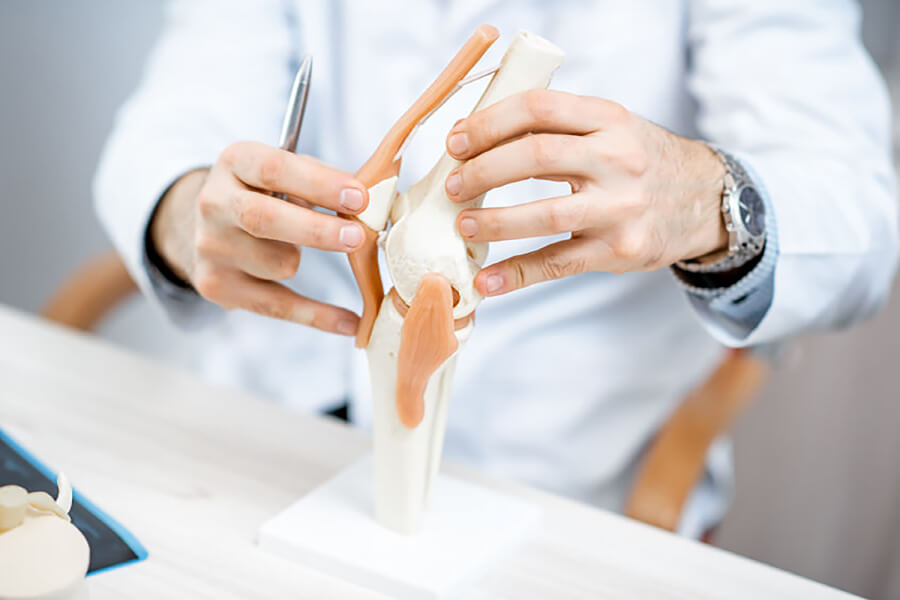Loss of bone mass. Osteoporosis. Osteopenia. Are you at risk for these bone problems? As you age, your testosterone levels decline, and that can leave you at risk for weak bones and fractures. Osteopenia, or low bone mass, can increase your chances of osteoporosis. Your testosterone hormone is important in keeping your bones strong and healthy.
Researchers studied 399 men under the age of 50 who had total testosterone levels less than 350 ng/dl. Of these men, 141 had bone mineral density consistent with osteopenia at the lumbar spine or the hip. Eleven of the men had bone mineral densities showing osteoporosis of the lumbar spine. This study published in the Journal of Urology, disclosed, “More than a third of men younger than 50 years with testosterone deficiency and infertility or sexual dysfunction had decreased bone mineral density.”
Testosterone Trials Continue
Researchers have been completing trials on the use of year long testosterone treatments on men’s bone strength. These trials have shown to increase spine strength but have not demonstrated as much success with hip bones. The research has raised concerns about cardiovascular risk while taking testosterone. If you are considering a testosterone treatment, your medical provider can provide facts.
Preserve Your Bone Strength
In the meantime, here are solutions to keep your bones strong throughout the years.
- Stop smoking. Smoking weakens your bones.
- Take vitamin D. The recommended daily dose is 800 to 1,000 international units (IU).
- Add more calcium to your diet. Add spinach, kale, cheese, milk, yogurt, and drink orange juice fortified with calcium. Eat that cereal. Some are fortified with calcium.
- Step up your exercise routine. The National Institute of Health recommends walking, hiking, tennis, biking, swimming, dancing, and weight-bearing exercises.

